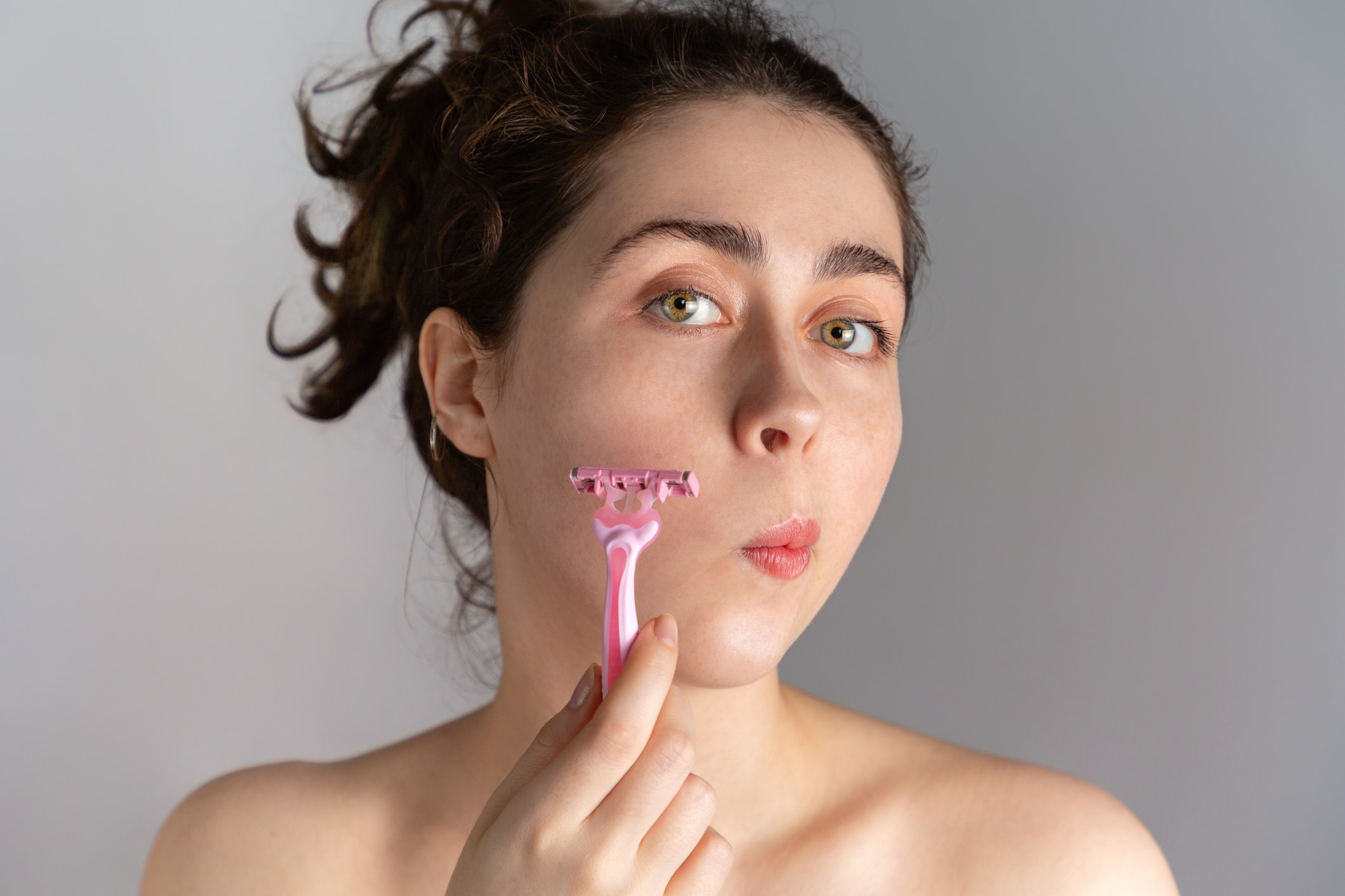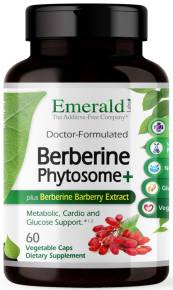Polycystic Ovarian Syndrome (PCOS) reflects elevated testosterone and DHEA (which turns into testosterone in the body) hormone levels.
Causes
This often comes from insulin resistance, often caused by excess sugar in the diet.
Some common triggers for the elevated testosterone include:
- excess sugar in the diet
- supplementation with testosterone or DHEA
- adrenal fatigue
- menopause (causes an increase in the ratio of estrogen to testosterone, which controls facial hair growth).
Symptoms
The high testosterone can problems including:
- acne
- irregular periods
- weight gain
- infertility
- ovarian cysts
Many people with PCOS do not have ovarian cysts.
Facial Hair Growth
As in men, high levels of testosterone trigger facial hair growth in women as well.
The high testosterone is the most common cause of excess facial hair in women.
Treatment for PCOS
Treatment often helps in many ways, including restoration of fertility.
-
Elimination
- Be sure you are not taking any supplements with DHEA or testosterone.
- Cut out the excess sweets/sugar in your diet, especially sodas and fruit juices.
- Sweets worsen the insulin resistance. Stevia is OK.
- See Beat Sugar Addiction NOW! for help.
-
Recommend Supplements
-
D-Chiro Inositol
The supplement D-chiro inositol 600 milligrams (mg) 1 to 2 times a day lowered elevated testosterone levels by over 70% in one study.
-
Chromium
Take chromium 200 to 1,000 µg daily (it has a modest effect).
The weight loss is easier after you do the above. Also address any thyroid hormone deficiencies.
-
-
Medications
-
Metformin
Metformin (prescription) 500-1,000 mg 2x day is a very helpful and safe medication. It’s so wonderful and safe I think it should be classified as an honorary natural supplement!
In addition to helping the overall process, it often restores fertility (and is both safe and healthy to take during the pregnancy).
The main concern is that it will cause B12 deficiency if not taking B12 along with it.
-
Cortef
Cortef (prescription) up to 15 mg a day if symptoms/labs suggest the need for adrenal support (e.g., irritable when hungry).
Adrenal expert professor William Jefferies routinely recommends ultra low-dose Cortef for PCOS.
Half of a woman’s testosterone is made by the adrenal gland, and taking Cortef decreases stimulation of the adrenal.
Using a natural adrenal support product may also help and is especially worth considering if the ACTH blood test is in the upper half of the normal range.
-
Birth Control Pills
Birth control pills can help the menstrual irregularity if it persists despite the above.
-





